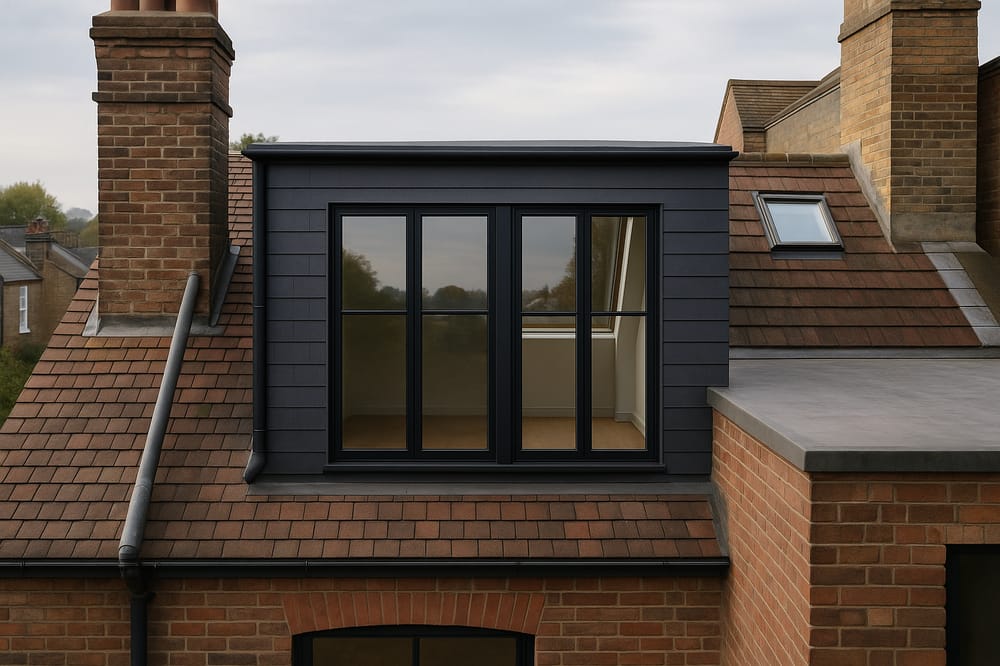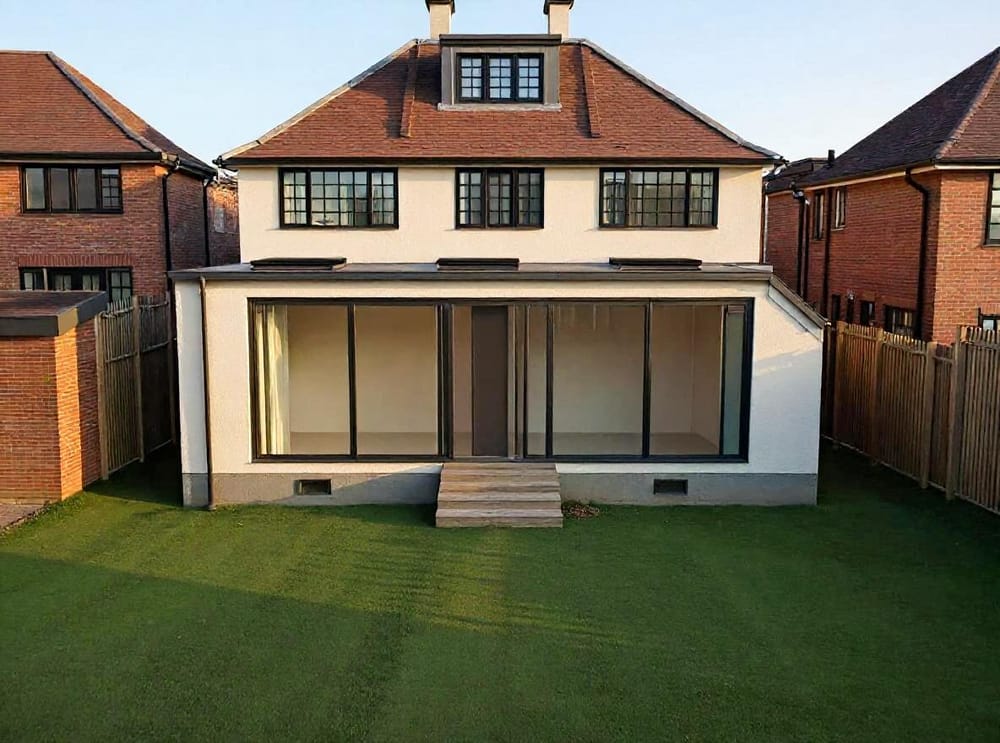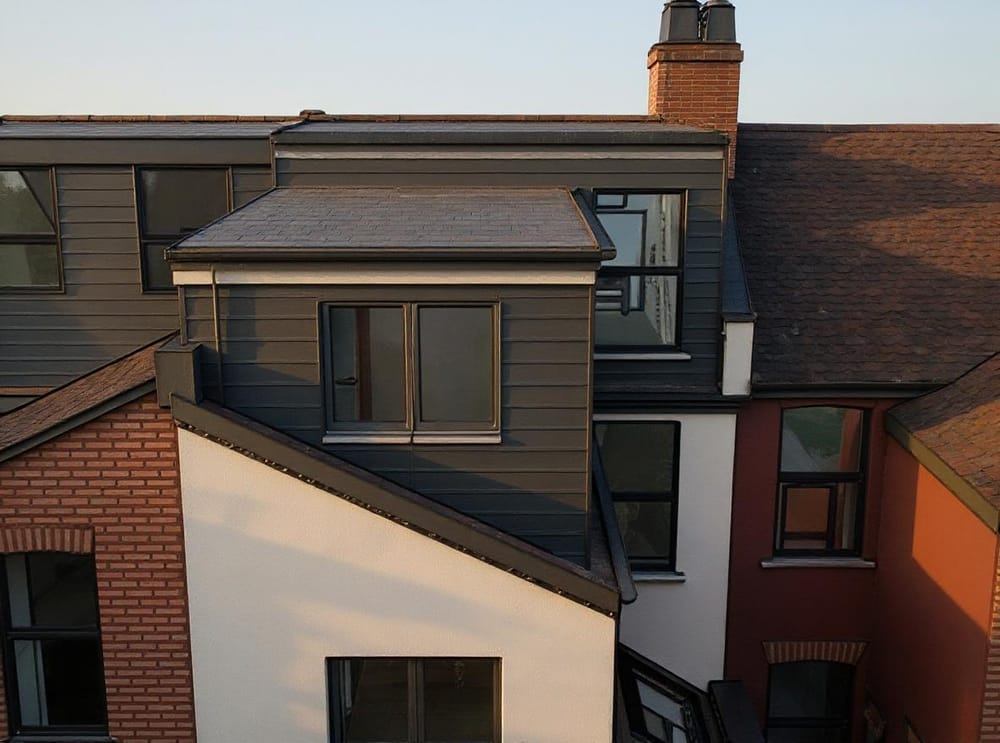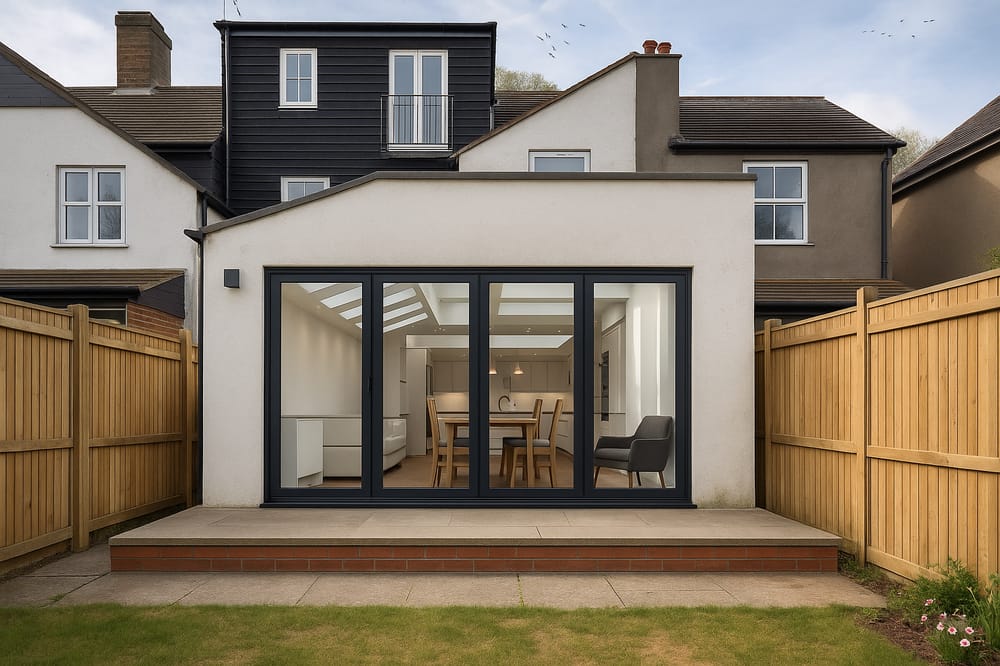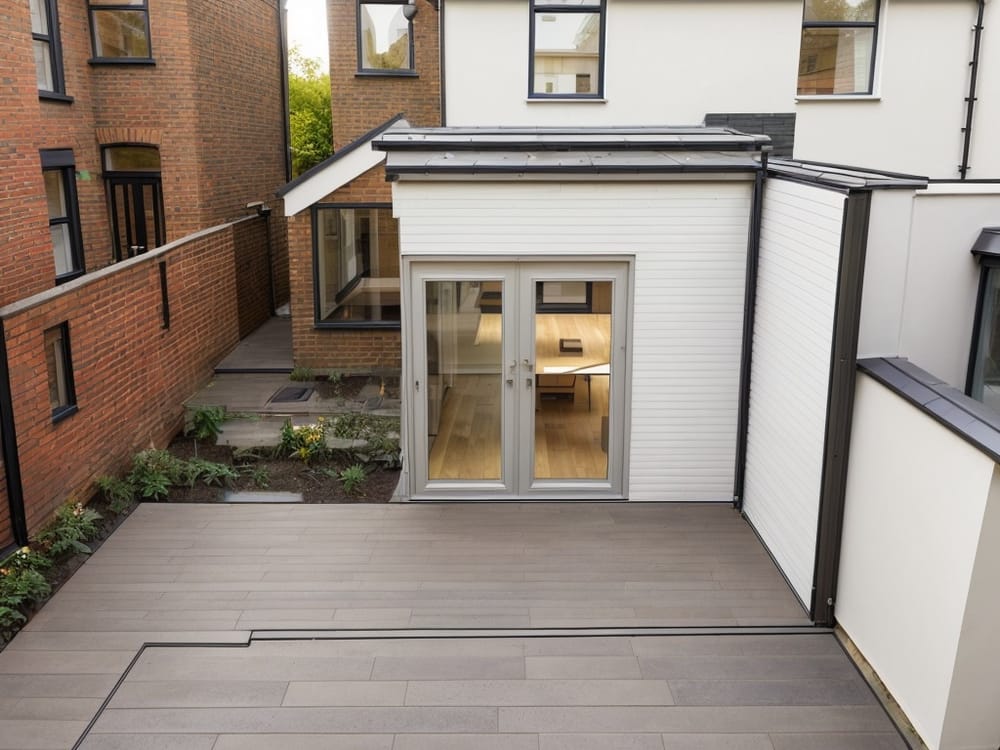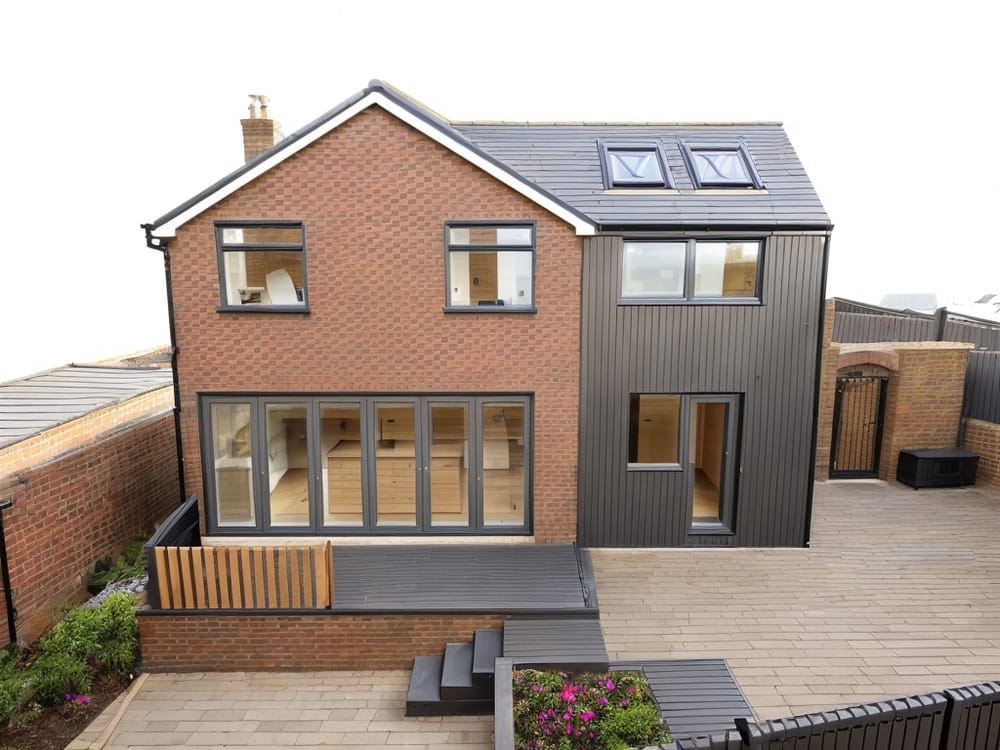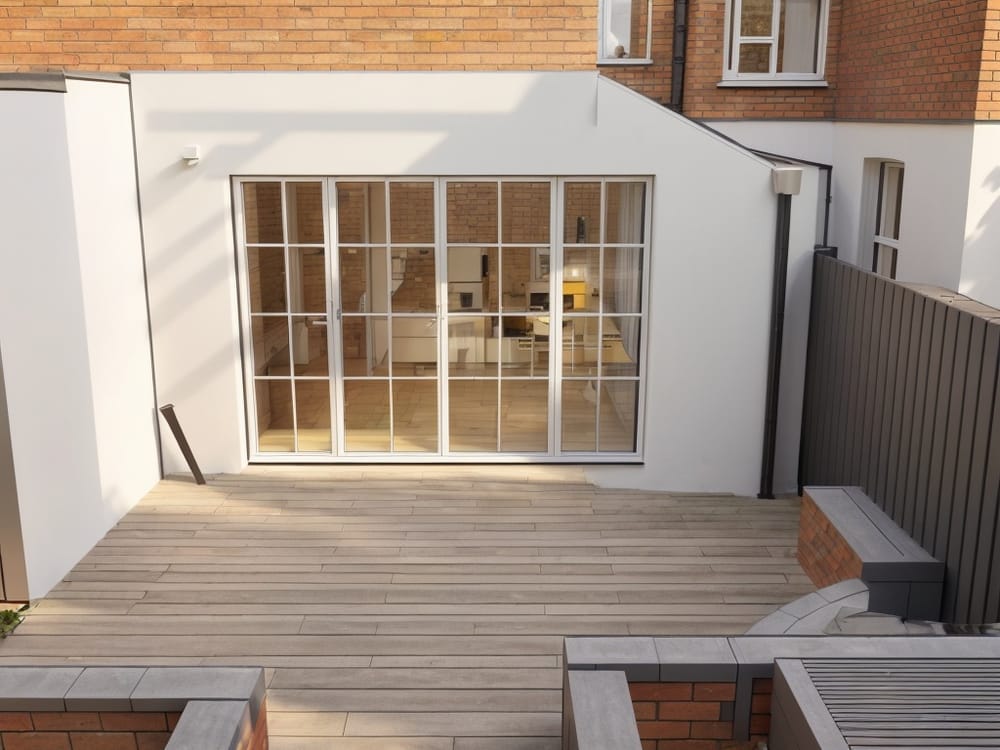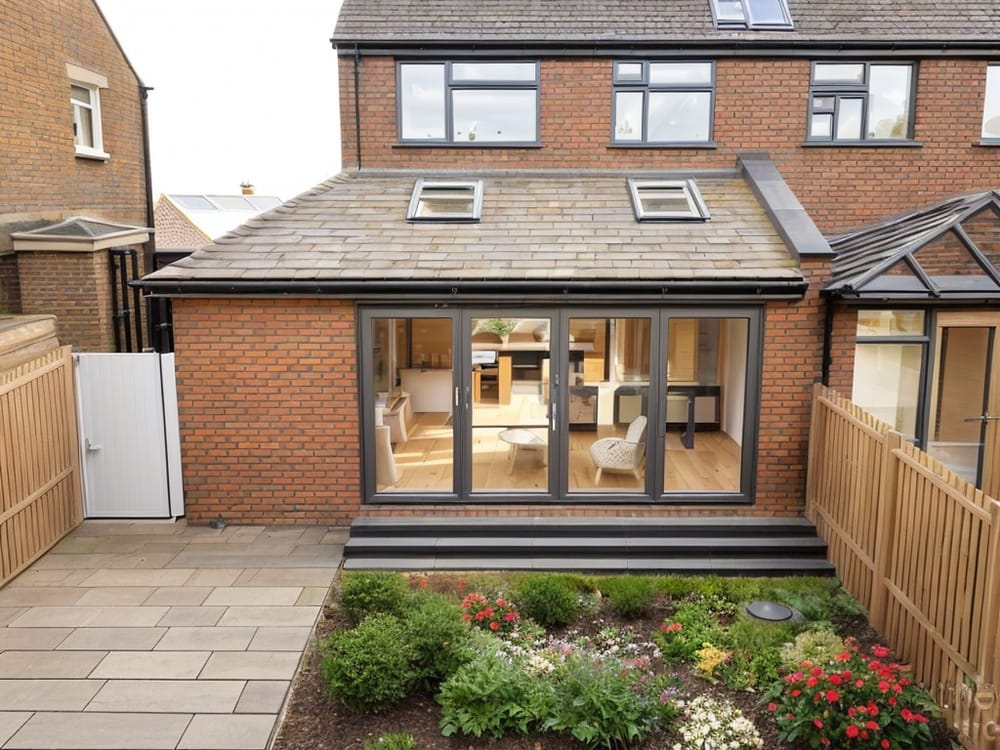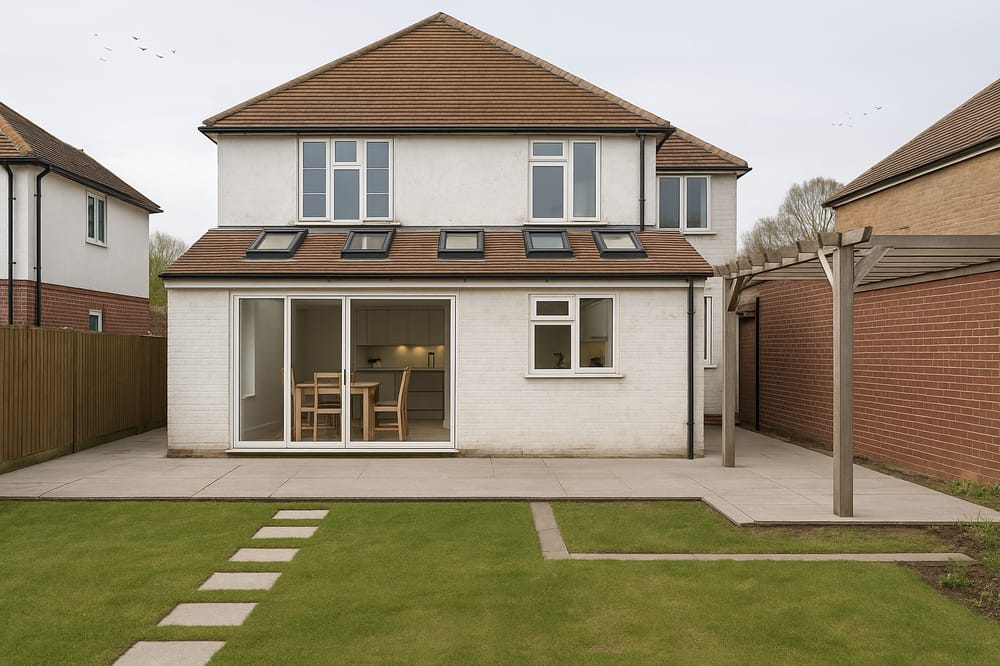What do project managers do?
A project manager is there to organise the creation of your build, making sure your project is completed on time, on budget, and has a quality finish. They’ll oversee contractors and/or subcontractors, and deal with building controls, health and safety, and the utility companies. On top of this, they’ll also be coordinating any other professionals involved, such as your structural engineer. Basically, they wear a lot of organising hats.
Could I project manage my own build?
Project managers can cost between 15-25% of your construction budget. The smaller the project, the higher the percentage. So, it’s no surprise that some people opt to become their own project managers. However, there’s a reason a professional option exists - project management can be a lot of work! Here’s some things to consider before you take on the task.
Do you have the time?
Project managing your own project is very time intensive. For projects like loft conversions, or extensions, you’re going to want to be visiting the site at least once a day.
To help with this, you might opt to live in your home while the work goes on, but this too has its downsides. You’ll have to compensate for the room lost to construction - a challenge if it’s your kitchen. And you’ll have to keep the rest of your home functional. Make no mistake, construction doesn’t stay contained in one area. Think about noise, dust, rubble, and what might have to be switched off.
If this doesn’t sound ideal, you might rent somewhere nearby. This makes your homelife easier but will add on costs, plus the longer your build takes, the more rent you’ll be paying. Worth noting that most projects that have the homeowner as manager tend to take longer than those managed by a professional.
Are you tough enough?
Something will go wrong, if it doesn’t you’re the luckiest person in the world. You need to make sure you’re the type of person who can deal with upheaval, who acts calm under pressure.
You’ve also got to be tough. If a hire you’ve made doesn’t work out, are you going to be able to fire them? Letting a person go is unpleasant, but it can sometimes be necessary.
Protect your money
Before construction begins, get your builder to agree to a payment schedule.
Our recommend way of structuring pay is to find a builder who will fund the project, and then pay them based on evaluations. This will involve you giving a deposit upfront, then releasing payment once certains milestones have been met, and having that work assessed by a contract administrator, such as your architect.
Another option is to get your builder to sign a JCT homeowners contract. These allow you to pay your contractor in stages, rather than big lump sums.
To learn more about protecting your money, check out our builders guide.
Get your documents in order
If you’re not one for organising, you’re going to have to learn to get into it fast.
Keep all your paperwork in one place, and make digital copies if you can. Everything from invoices, emails, to estimates. You’ll also want to keep your copies of insurance certificates close to hand, and check for public liability and employers’ liability insurance.
Public liability insurance covers you in case a member of the public is injured by your construction. Employers liability covers injury claims made by anyone working for you.
You might also consider keeping a project diary, documenting your build day to day. This will help you understand if everything is running on track, and help you know what decisions were made when, and by whom.
Make sure you pick the best professionals
One of your biggest tests will be hiring contractors that are able to get your project off the ground. Here are some tips to ensure that you find the best builder for your project...
- Pricing - is it too expensive, too cheap? Chances are, if the price looks too good to be true, there’s probably a reason.
- Do they want to visit your property? Having no interaction with your site is a bad sign.
- Ask to be put in contact with their previous clients and ideally visit their home - never trust a builder who won’t let you see their previous work.
- Get at least three pricing estimates and discuss how it might be subject to change. For instance, materials go up and down in price, has this been factored in?
Want to start your own home project but not sure where to start? Book yourself in for a free consultation call to discuss your options.


